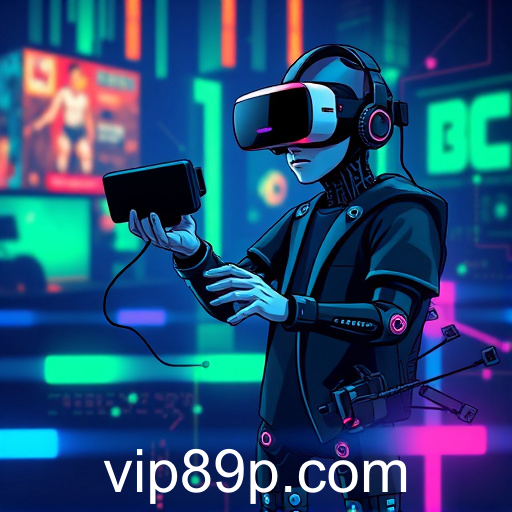
Exploring the current trends and challenges in the gaming industry in 2025.
The gaming industry in 2025 continues on an exciting trajectory of innovation and development. This year has seen significant advancements, particularly in the fields of artificial intelligence and virtual reality, shaping the way gamers engage with digital worlds. As companies strive to expand the immersive and interactive experiences offered to players, technology remains a pivotal force driving these changes.
One of the most prominent trends is the integration of AI-driven mechanics in games. Developers are leveraging machine learning algorithms to create more responsive and adaptive environments, enhancing the gameplay experience. This allows for more personalized gaming sessions tailored to individual player behaviors and preferences, a feature that has been particularly popular among the younger demographic.
Virtual reality also made substantial gains this year. With new VR headsets becoming more affordable and comfortable, the accessibility of VR gaming has increased substantially. This has further blurred the lines between reality and the digital domain, captivating players with lifelike simulations and interactive storytelling.
However, these advancements are not without challenges. The gaming industry faces ongoing issues related to data privacy and security, as the increased connectivity of devices raises concerns over data breaches. Striking a balance between innovation and consumer protection remains a key focus for developers and policymakers.
Regulatory dynamics are also shaping the landscape, as governments world-wide work to implement policies that safeguard the interests of players while fostering an environment for technological growth. The industry continues to watch how regulatory frameworks will evolve, especially in the context of loot boxes and in-game purchases, which have been contentious topics with implications for consumer rights.
Gaming communities have also been influential in shaping the direction of the industry. Platforms like 89p provide spaces for players to share experiences, offer feedback, and discuss the latest trends and game releases. This interaction between developers and the gaming community is crucial for the ongoing evolution of gaming, as it allows for real-time feedback and fosters a sense of collaboration.
As 2025 unfolds, the future of gaming looks promising, with technology paving the way for new experiences and challenges that will undoubtedly captivate players around the globe.




